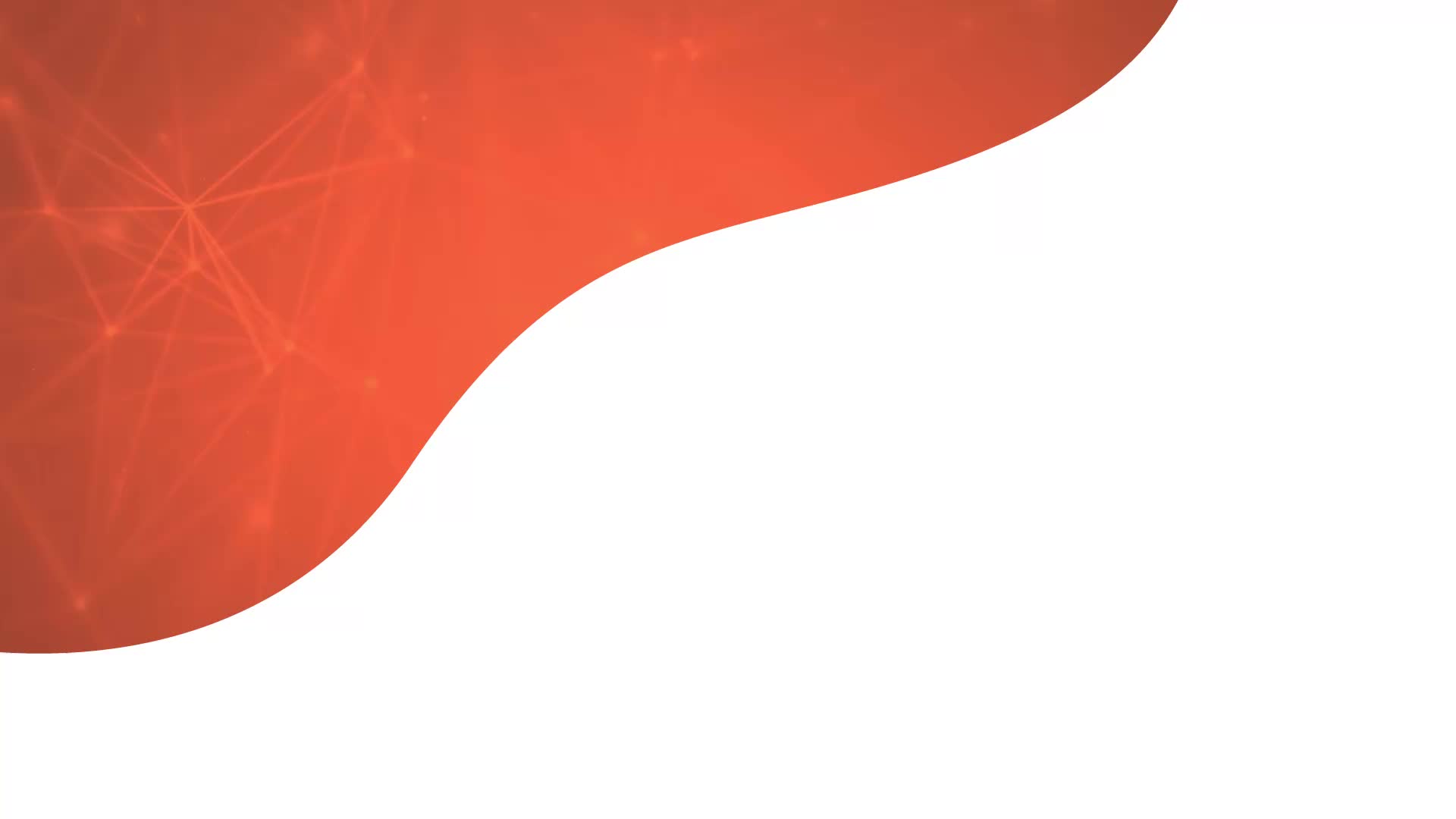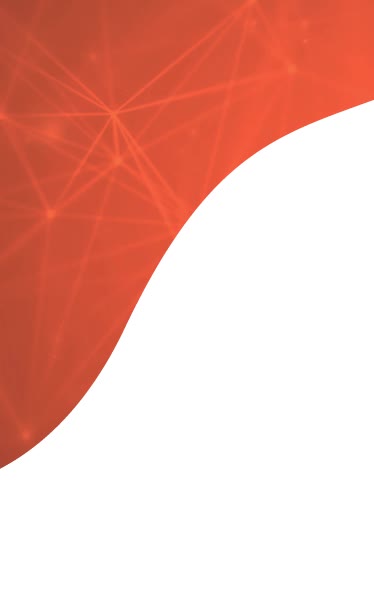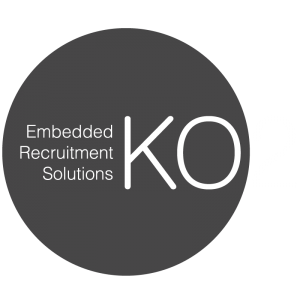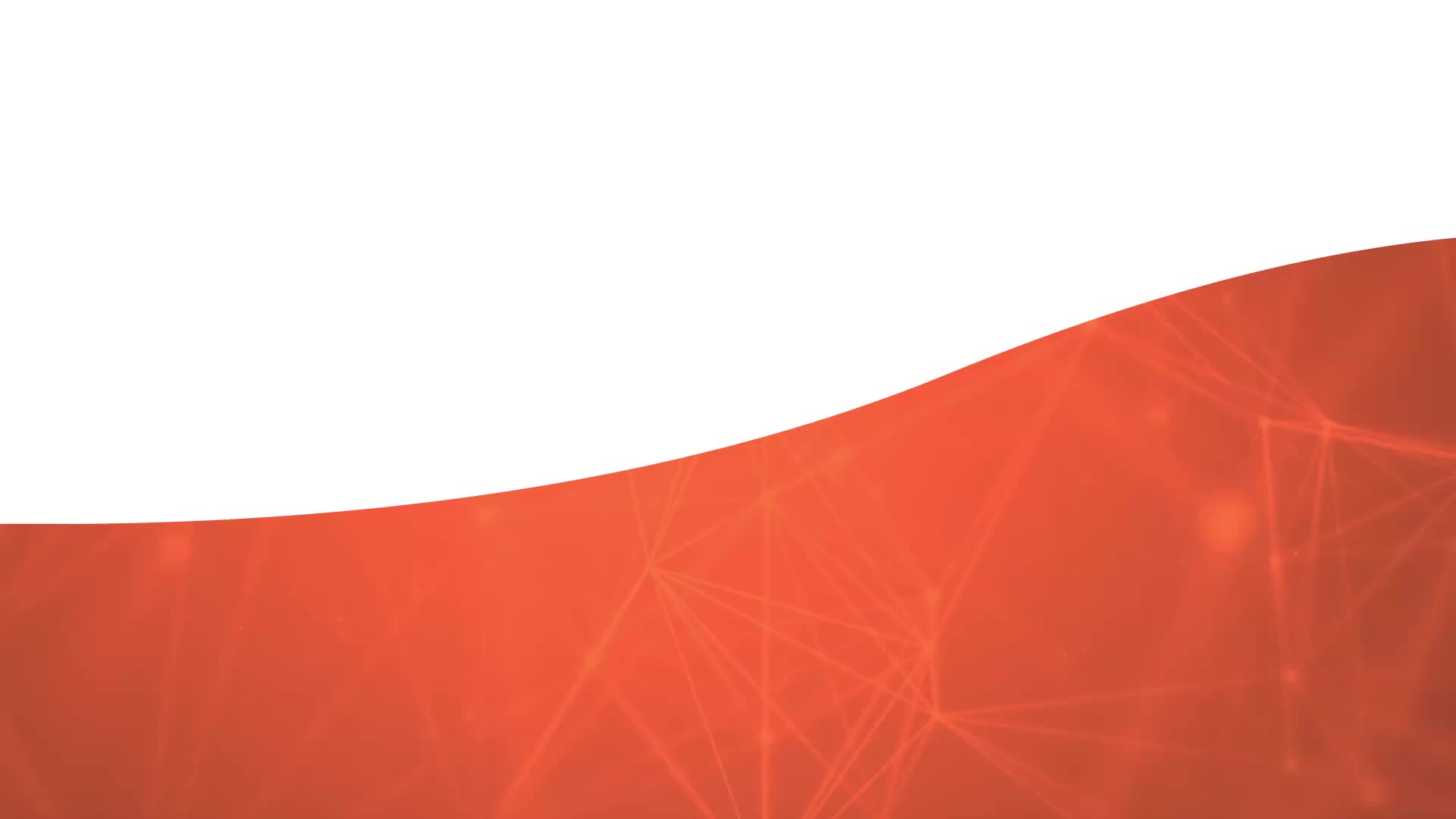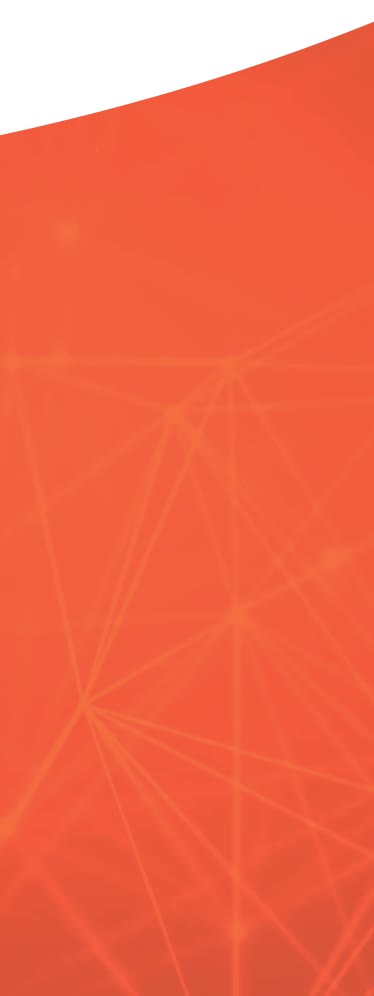In a career as a software engineer, you’re likely to be invited to at least several technical interviews. For many candidates, especially those with limited interview experience, this can be the most daunting part of the whole hiring process. But with the right interview preparation, you can approach a technical assessment for a software engineering role feeling confident and ready to handle whatever is thrown at you.
Whether you’ve got a technical interview in the near future or are just thinking about starting to apply for software engineering jobs, knowing what’s involved in technical interview preparation is important. In this article, we cover what you can generally expect in a technical interview, how to prepare and share some of the most common questions for software engineers.
What Is a Technical Interview?
A technical interview is a common part of the software engineer hiring process. The purpose of this stage is to assess your technical capabilities and relevant knowledge for the role to ensure that you’ll understand and be able to complete what is required of you if you get the job.
It’s also often a chance for a potential employer to assess your problem-solving skills and see what you’re like when you’re working and whether you can handle multiple demands at the same time.
Technical interviews can be held in several different formats depending on the role and the level of experience required for it. In some cases, you might be asked to complete an online assessment to measure your skills. In others, the interview might take place over the phone, or you’ll be asked to attend an in-person technical interview.

What to Expect in a Technical Interview
Most technical interviews involve practical problem-solving tasks, some technical questions and many also feature situational or behavioural questions as well.
A technical interview ensures that an applicant can actually do the things required of the role they are applying for and have all of the skills that they have listed on their CV. Instead of just asking you to talk about this, most technical interviews will give the applicant at least one problem to solve or task to complete to see their skills and knowledge in action. As a software engineer, this task will probably involve writing code.
Since software engineering is quite a complex role that can require multitasking, you may experience a technical interview where you’re being asked to complete a task whilst also having to answer unrelated questions. Many interviewers will expect you to be able to talk through what you’re doing as you complete the task to demonstrate how you approach software development.
The above approach is used to judge how well you work under pressure, so is usually only used in interviews for roles with a lot of responsibility.
As well as these skills-based questions and tasks, a technical interview may also involve an element of behavioural assessment. The interviewer might present you with various workplace scenarios and ask how you would approach them, which not only further demonstrates your approach to solving software engineering problems, but also shows them what you act like at work and whether you’d be a good culture fit for the company.
All technical interviews are slightly different, so it’s difficult to know exactly what to expect unless you ask for the format of the interview beforehand. The best thing to do is prepare to have your technical abilities tested and examined, along with prepping for a behavioural assessment as well.
Software Engineering Interview Preparation
Once you know that you have a software engineering technical interview coming up, it’s a good idea to start preparing straight away. The technical aspect of the software engineer interview process is thought of as the hardest by many candidates, but there are plenty of things you can do to make the experience run as smoothly as possible.

Before the Interview
Before the interview, you should aim to do a good amount of technical revision, whether that’s practising answering questions or just ensuring that you’re confident writing code that solves common problems or performs simple functions. It’s recommended that you start this as early as possible, and spend at least an hour or so on revision every day, especially if the role is quite a high-up position.
It’s impossible to know exactly what you’re going to be quizzed on in a software engineer technical interview, but a good way to get an idea of this is to read the job advert that you initially applied for. Software development roles often list the specific skills and experience that are required in a description of the position, so this will give you a good idea of what the interviewer(s) are likely going to be assessing you on.
Another great way to prepare for a technical interview as a software engineer is to search for common technical interview questions. Look for examples that are from companies similar to the one you’re applying to work at, or even try and find technical questions that they’ve asked previous candidates, and practice and prepare your answers to these.
Alongside looking for examples of specific technical skills, a technical software engineering interview is also likely to have several classic interview questions as well, such as asking for an introduction to yourself, what kinds of coding languages, platforms and methodology you prefer, and perhaps for examples of when you’ve completed various software engineering tasks.
Whilst these kinds of questions are easier to answer than solving technical challenges, it’s still a good idea to prepare answers to them so that you’re not left struggling to construct an answer on the spot and can feel more confident going into the interview.
Technical interviews are used in quite a few different industries, so there are a lot of resources available to help you prepare generally as well as for software engineering interviews in particular. Depending on how you learn best, there are books, videos and even virtual test simulators that give you practice questions that are similar to what you’ll get in the interview.
As we previously mentioned, there might also be a behavioural element to your technical software engineering interview. You can prepare for this as well to an extent, although you should remember that the interviewer is looking for insight into your personality, so being honest should be a priority.
However, you can shape your responses to these kinds of questions to demonstrate that you would be the right fit for the company. It’s worth researching the company before your technical interview and learning about their values and culture, as this will really benefit you if you can reference it during your interview.
As a general point leading on from that, a key part of any interview preparation is taking the time to learn the company’s background. In software engineering cases, see if you can find out what kinds of projects their current team have worked on recently and try and mention these in relation to your own skills to indicate that you’d be able to fit right into the team.

On the Day
On the day of your software engineering interview, your preparation will depend on whether the technical assessment is in person or online. If it’s a virtual interview, take the time to ensure that you will have a professional and clear background behind you on the call and wear something that looks smart but is still comfortable to sit in.
If the interview is in person, check the dress code for the company and choose an outfit that aligns with this. If in doubt, it’s usually better to lean more towards dressing smartly instead of appearing underdressed.
Don’t get to the interview so early that it will cause an inconvenience. However, try and avoid cutting it really fine, as this might not only cause a bad first impression but will likely also make you feel more stressed before the interview has even begun.
Check who is going to be conducting your interview (if possible) and greet them by name, with a handshake if appropriate. Casual conversation before the interview begins is fine, and can be a great way for your interviewer to get to know you better.
If you’ve prepared revision material as part of your earlier preparation, it’s a good idea to review this just before your interview, so that the content is fresh in your head.
During the Interview
During the technical interview itself, remember that staying calm is your best approach to doing well. If you’re asking something you cannot answer or are given a problem you can’t solve, this isn’t necessarily a bad thing. As long as you can clearly communicate your approach, show honesty and try and tackle problems in creative but sensible ways, it doesn’t really matter what the outcome is.
No matter how you personally feel that the interview went, retain a positive attitude throughout. Thank your interviewer for their time and ask them when you should expect to hear about whether you’ll be called back for another interview.
It can also be a good idea to send a follow-up email after the interview as well.
Common Software Engineer Technical Interview Questions
The range of specific software engineer technical interview questions is vast. Here are the most common categories of questions in technical interviews for software engineers, and what you should aim to share in each case.

Company-Specific
Company-specific questions will analyse whether a candidate’s skill and experience are going to be right for the work they’ll be required to do, as well as whether they’re a good fit for company culture. This may also involve specific technical questions relating to the software development work the company does, such as asking you to write code in a particular language or explaining how you would approach a relevant problem. The key to success with these questions is researching the company prior to the interview, so you’re clued up on what they might ask.
Candidate-Specific
There’s less of a focus on typical ‘tell me about yourself’ questions in most technical interviews, as these are usually reserved for a later stage. However, you may be asked to give a quick introduction to yourself or talk about relevant projects or challenges you’ve worked on in the past, so be sure to have a few examples in the front of your mind.
Situational and Behavioural
These kinds of questions tend to present the candidate with a hypothetical situation and assess how they say they would react. These might be done in line with the technical problems you’re being asked to solve, or might come in a separate stage of the interview and just be used to gauge your work style, character, and approach to software development. As we said before, remember to be honest, but don’t shy away from painting yourself in a positive light.
Skills-Based
Finally, skills-based interview questions will test your knowledge of your industry area and software development experience. You may be asked simple questions about programming, functions or testing methods, or be presented with a challenge and asked to complete it there and then. Remember that the interview is on your side and that it doesn’t necessarily matter if you do something wrong; they’re really studying your approach to solving problems.
Summary
Everyone’s experience of technical interviews will be different depending on the company they apply to work for and the position they’re after. Thorough preparation is the key to success no matter what your level of experience is, and following the steps we’ve discussed above will give you a really solid foundation to do well in a technical assessment.
If you’re looking for a software engineering role in the electronics or embedded systems industry, you can view our available positions here. Or if you’re looking for interview preparation and recruitment support, get in touch and see how we can help.
